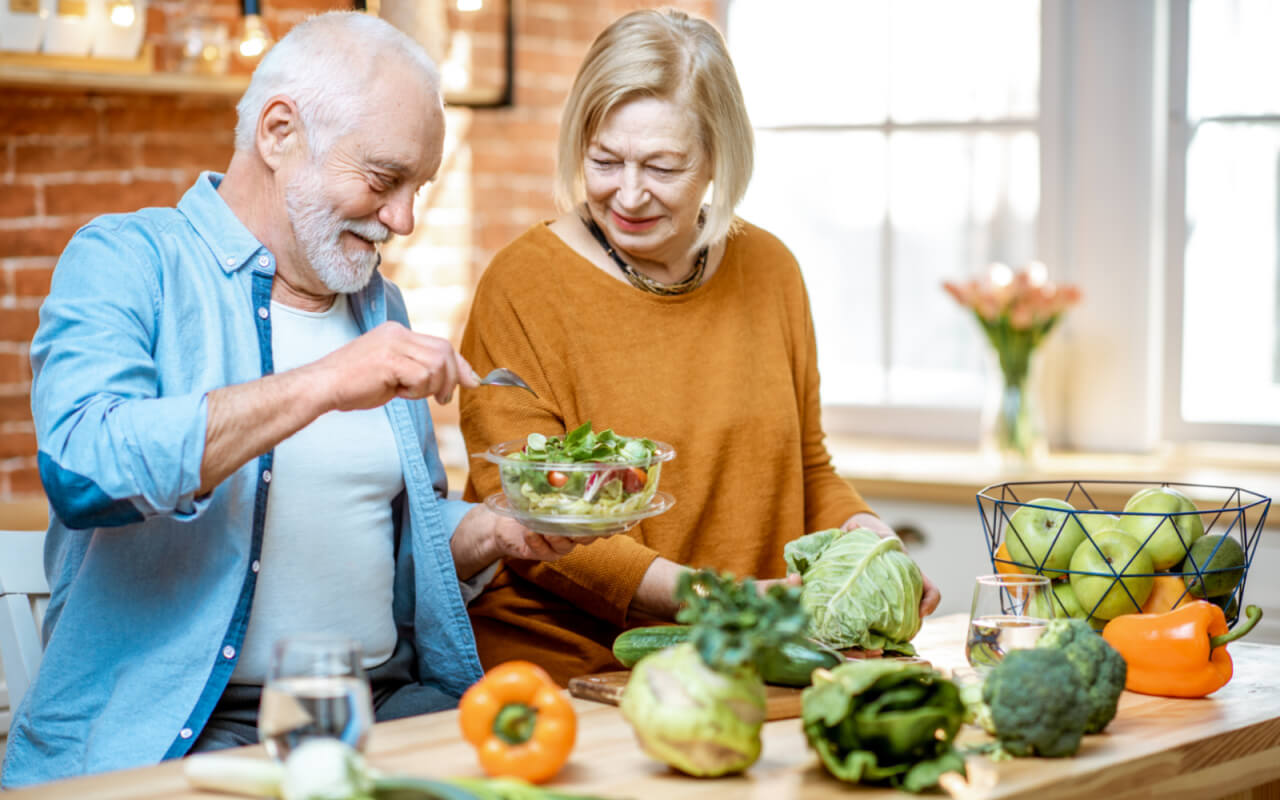Overactive bladder, or OAB, is a condition in which abnormal bladder functioning causes frequent, sudden urges to urinate. OAB is fairly common, yet it often significantly reduces patients’ quality of life and should not be accepted as normal. In fact, OAB can be managed with behavioral interventions, including dietary changes.
In this article, learn more about what foods, drinks, and supplements to add to (or eliminate from) your diet to help relieve your OAB symptoms.
Determining the Cause of Your Symptoms
The symptoms most commonly associated with OAB – frequent urination (urinating more than 8 times per day), nocturia (waking up more than one time per night to urinate), and urinary incontinence (loss of bladder control resulting in leakages) – can be caused by other medical conditions, such as Parkinson’s disease, urinary tract infections, pregnancy and childbirth, enlarged prostate, or aftereffects of surgeries.
Before determining the best treatment pathway for a patient experiencing OAB symptoms, doctors must rule out other potential causes in order to diagnose OAB. Your doctor will likely ask you to keep a record of your symptoms and triggers, called a bladder diary, and will also perform a physical exam.
If the cause of your symptoms is determined to be overactive bladder, first-line treatments will include behavioral therapies, and may vary depending on your symptoms, age, medical history, and even gender.
OAB in women
Women report OAB symptoms at higher rates than men. According to some estimates, 40% of American women experience OAB symptoms compared to 30% of men. Though the reason for this is not fully understood, many medical professionals cite differences in anatomy and life events that can contribute to higher rates of OAB in women.

